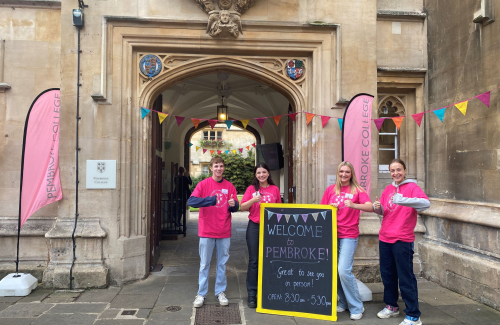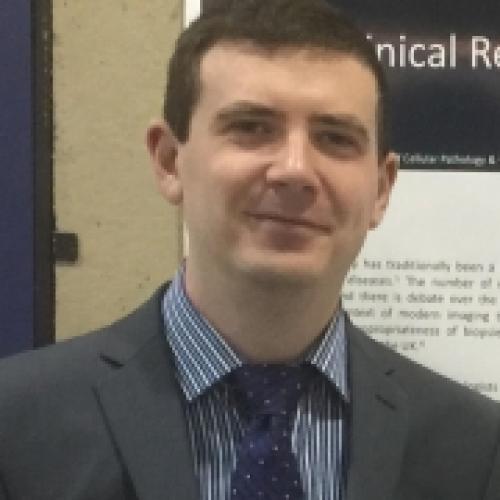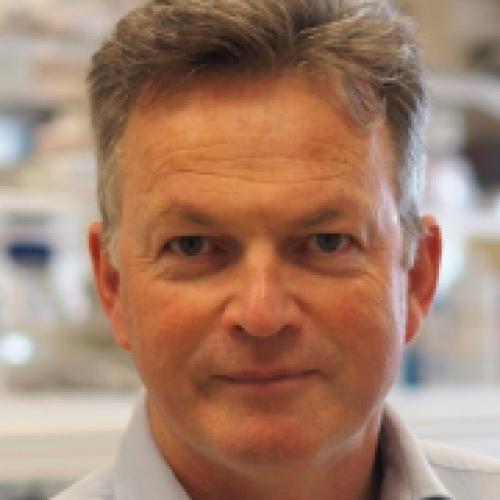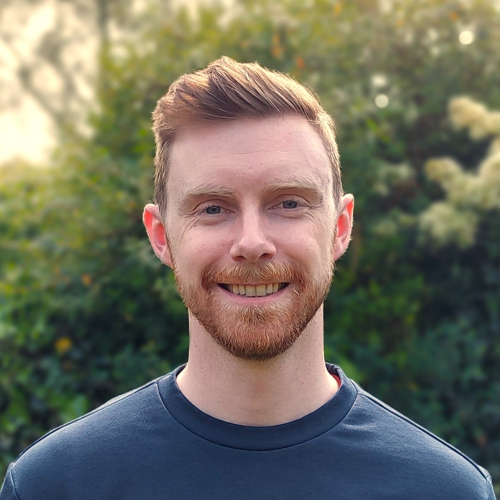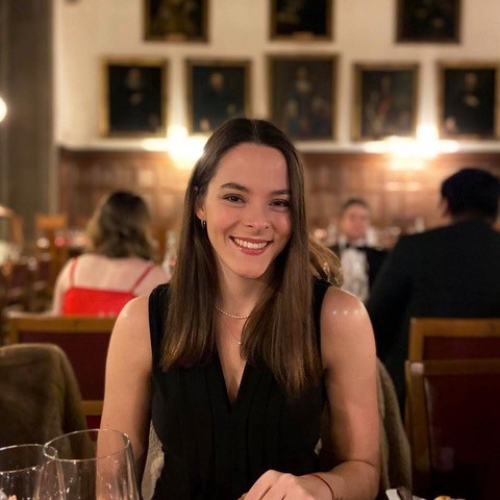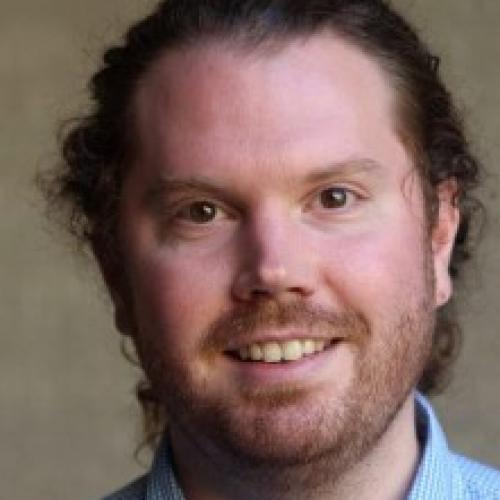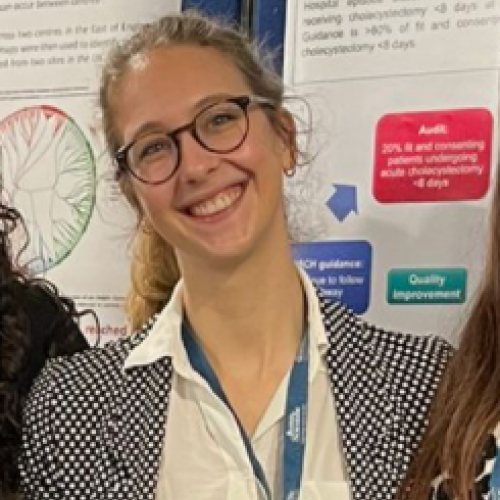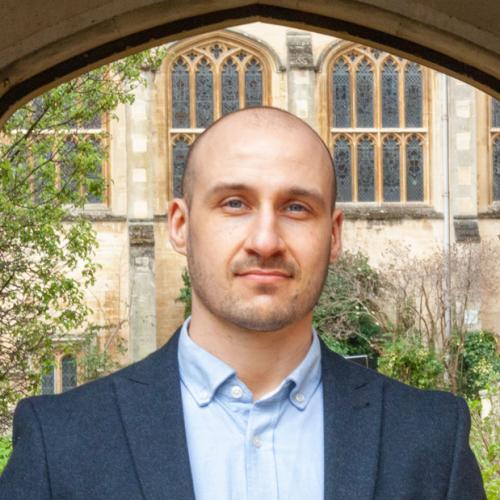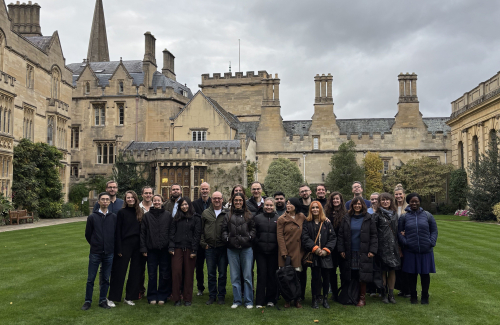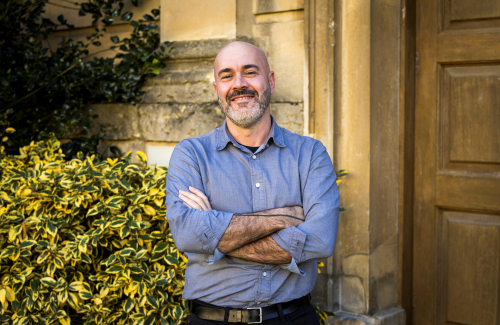Medicine
Why Choose Pembroke?
Pembroke medical students join a strong tradition of Medicine at this college. We are proud of our large number of talented medicine graduates, which includes Professor Chris Whitty. We will train you to be an excellent clinician or if you have the interest, get you involved in research to become an academic clinician.
Our lead tutor in the subject at Pembroke is Prof Fredrik Karpe. Many of our medical tutors at Pembroke have leading positions in the Oxford medical community, including Dr Lois Brand (Deputy head of the Clinical School and A&E consultant), Dr Richard Harrington (Deputy head of the Graduate Entry course and GP), and PG Roy and Jonny Rees who are both leading consultant surgeons.
Pembroke has a large number of prizes for its medical students. They are both for academic achievement and to support summer internships. Our clinical students are eligible for generous funding for overseas placements and for their clinical electives.

Meet Our Tutors
Bannister Medical Scholarship
- The Bannister Medical Scholarship, worth approximately £500, is awarded on Tutors’ recommendation in recognition of the Mastership of Sir Roger Bannister
- The scholarship is given to an undergraduate student who gave the most distinguished performance in Final Honours School examinations.
Blackett Memorial Scholarship
- The Blackett Memorial Scholarship is worth approximately £500 and is awarded on Tutors’ recommendation to a student embarking on the first year of their clinical training.
- Tutors consider the academic performance, character and general achievements of candidates throughout the academic career and in Final Honour School examinations.
Ayres-Evans Prize
- This prize, worth around £250, was established to commemorate Miss K.A. Ayres and is open to undergraduates reading Medicine or Physiological Sciences.
- Candidates submit an essay of up to 3,000 words on a choice of topics decided by the Tutors in medicine. Essays are submitted under a pseudonym.
- The Ayres-Evans Prize is advertised in Michaelmas Term and awarded in Hilary.
Pembroke College is proud of its large number of talented medics and here is a list of some people to have graduated from the college.
Pembroke welcomes applications from prospective Medical Research graduate students. Pembroke admits two to four Graduate Entry students each year to read medicine in the Graduate Entry course. The College provides weekly tutorials to cover both the taught modules of the course and clinical teaching of these students (tutor: Dr Jack Amiry). This course also gives students access to an impressive team of clinicians who provide clinical teaching in College.
Pembroke has a very vibrant graduate community and regularly organises social and academic events to foster discussions between graduates and tutors and researchers from various different subjects.
News from Pembroke
Medicine
Why Choose Pembroke?
Pembroke medical students join a strong tradition of Medicine at this college. We are proud of our large number of talented medicine graduates, which includes Professor Chris Whitty. We will train you to be an excellent clinician or if you have the interest, get you involved in research to become an academic clinician.
Our lead tutor in the subject at Pembroke is Prof Fredrik Karpe. Many of our medical tutors at Pembroke have leading positions in the Oxford medical community, including Dr Lois Brand (Deputy head of the Clinical School and A&E consultant), Dr Richard Harrington (Deputy head of the Graduate Entry course and GP), and PG Roy and Jonny Rees who are both leading consultant surgeons.
Pembroke has a large number of prizes for its medical students. They are both for academic achievement and to support summer internships. Our clinical students are eligible for generous funding for overseas placements and for their clinical electives.

Meet Our Tutors
Bannister Medical Scholarship
- The Bannister Medical Scholarship, worth approximately £500, is awarded on Tutors’ recommendation in recognition of the Mastership of Sir Roger Bannister
- The scholarship is given to an undergraduate student who gave the most distinguished performance in Final Honours School examinations.
Blackett Memorial Scholarship
- The Blackett Memorial Scholarship is worth approximately £500 and is awarded on Tutors’ recommendation to a student embarking on the first year of their clinical training.
- Tutors consider the academic performance, character and general achievements of candidates throughout the academic career and in Final Honour School examinations.
Ayres-Evans Prize
- This prize, worth around £250, was established to commemorate Miss K.A. Ayres and is open to undergraduates reading Medicine or Physiological Sciences.
- Candidates submit an essay of up to 3,000 words on a choice of topics decided by the Tutors in medicine. Essays are submitted under a pseudonym.
- The Ayres-Evans Prize is advertised in Michaelmas Term and awarded in Hilary.
Pembroke College is proud of its large number of talented medics and here is a list of some people to have graduated from the college.
Pembroke welcomes applications from prospective Medical Research graduate students. Pembroke admits two to four Graduate Entry students each year to read medicine in the Graduate Entry course. The College provides weekly tutorials to cover both the taught modules of the course and clinical teaching of these students (tutor: Dr Jack Amiry). This course also gives students access to an impressive team of clinicians who provide clinical teaching in College.
Pembroke has a very vibrant graduate community and regularly organises social and academic events to foster discussions between graduates and tutors and researchers from various different subjects.
